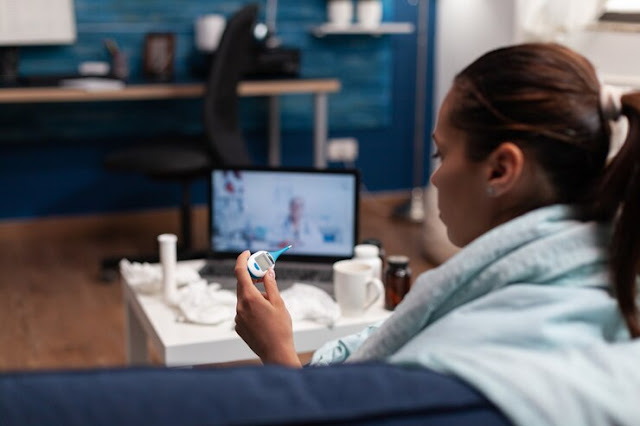Modern Patient Monitoring: Technologies for Proactive & Personalized Care
Keeping a Watchful Eye: Modern Technologies in Patient Monitoring
Patient monitoring plays a critical role in modern healthcare, enabling continuous assessment of vital signs and physiological parameters. Traditional methods often relied on manual measurements, which could be time-consuming and prone to human error. Thankfully, advancements in technology have revolutionized patient monitoring, offering real-time data, improved accuracy, and enhanced patient care. This article explores the frontiers of modern technologies in patient monitoring, showcasing their impact on healthcare solutions.
Beyond the Bedside: Technologies Transforming Patient Monitoring
Modern patient monitoring utilizes a diverse range of technologies to provide a comprehensive picture of patient health:
- Wearable Biosensors: These comfortable and unobtrusive devices, like smartwatches and fitness trackers, can monitor heart rate, blood oxygen levels, sleep patterns, and activity levels.
- Continuous Monitoring Systems: These include pulse oximeters for blood oxygen levels, electrocardiograms (ECGs) for heart rhythm, and arterial line catheters for invasive blood pressure monitoring.
- Telehealth Monitoring: Remote patient monitoring allows healthcare providers to track patient vitals and health data from a distance, facilitating timely intervention if needed.
- Wireless Monitoring Systems: Eliminate the need for cumbersome wires, improving patient comfort and mobility.
- Data Analytics and AI: Advanced algorithms analyze vast amounts of patient data to identify trends, predict potential complications, and recommend personalized care plans.
Healthcare Solutions: Empowering Proactive and Personalized Care
Modern patient monitoring technologies offer a multitude of benefits for healthcare:
- Improved Clinical Decision-Making: Real-time data empowers healthcare providers to make informed decisions regarding treatment plans and interventions.
- Early Detection of Deterioration: Continuous monitoring allows for early identification of potential complications, improving patient outcomes.
- Enhanced Patient Safety: Alerts can be triggered for abnormal vital signs, enabling a faster response to critical events.
- Reduced Hospital Readmissions: Remote monitoring allows for continued care after discharge, potentially preventing avoidable readmissions.
- Personalized Medicine: Data insights can be used to tailor treatment plans based on individual patient needs and responses.
Integration with Existing Systems: A Holistic View of Patient Health
Modern patient monitoring thrives when integrated with other healthcare solutions:
- Hospital Management System (HMS): Integration with HMS allows for real-time patient data to be incorporated into electronic medical records (EMRs), providing a comprehensive overview of patient health.
- EMR/EHR Systems: Seamless data exchange facilitates informed care decisions based on a patient's full medical history.
- Laboratory Software: Integration with lab systems allows for the correlation of laboratory results with patient monitoring data.
The Future of Patient Monitoring: A Connected and Predictive Ecosystem
The future of patient monitoring is brimming with possibilities:
- Artificial intelligence (AI) integration will further enhance data analysis, enabling predictive modeling to anticipate potential health risks.
- The Internet of Things (IoT) will connect various monitoring devices and sensors, creating a more holistic and interconnected patient monitoring ecosystem.
- Wearable technology will become even more sophisticated, offering non-invasive monitoring of a wider range of physiological parameters.
A Guardian Angel for Patient Care
Modern technologies in patient monitoring offer a paradigm shift in healthcare. By providing real-time data, improving accuracy, and enabling proactive care, these advancements empower healthcare providers to deliver exceptional patient care. As technology continues to evolve, the future of patient monitoring promises a more connected, predictive, and personalized approach to healthcare.




Comments
Post a Comment